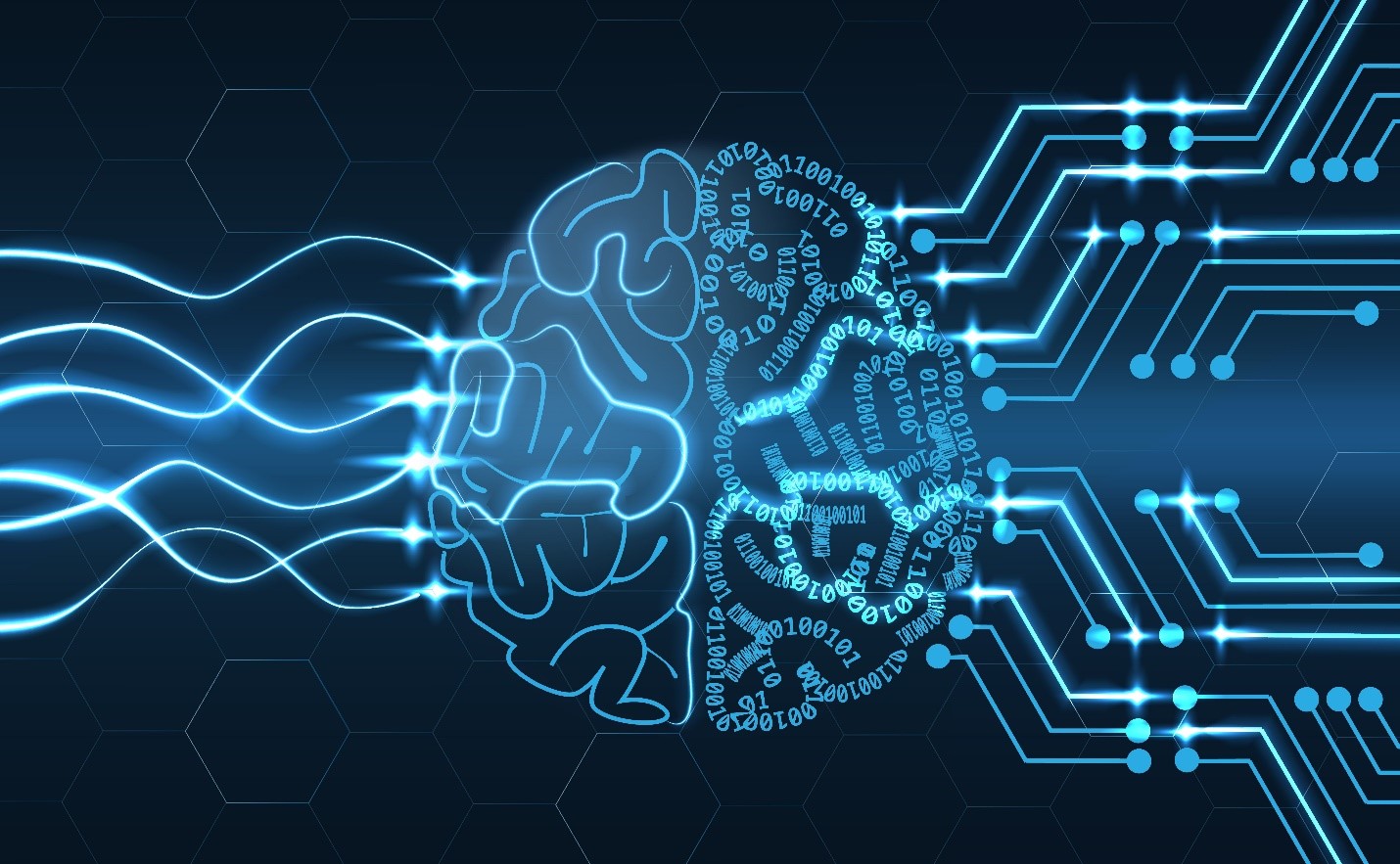The advent of artificial intelligence (AI) has revolutionized various sectors, and mental health treatment is no exception. AI’s integration into mental health care is transforming the landscape by providing innovative solutions that enhance the effectiveness, accessibility, and personalization of treatment options. This article delves into the multifaceted role of AI in mental health treatment, exploring its benefits, challenges, and future prospects.

The Growing Need for Innovative Mental Health Solutions
Mental health disorders are a global concern, affecting millions of individuals across different age groups, cultures, and socioeconomic backgrounds. According to the World Health Organization (WHO), approximately 450 million people worldwide suffer from mental health conditions, with depression being one of the leading causes of disability. The increasing prevalence of mental health issues underscores the need for more effective and accessible treatment options.
Traditional mental health treatment methods, such as psychotherapy and medication, are often limited by factors like stigma, accessibility, cost, and the availability of trained professionals. AI offers promising solutions to these challenges, providing new avenues for diagnosis, treatment, and ongoing support.
AI in Mental Health Diagnosis
One of the most significant contributions of AI to mental health treatment is its ability to aid in the early diagnosis of mental health conditions. AI algorithms can analyze vast amounts of data, including medical records, social media activity, and even speech patterns, to identify early signs of mental health issues.
For instance, natural language processing (NLP) algorithms can analyze text and speech to detect linguistic markers associated with depression, anxiety, and other mental health conditions. These AI-driven tools can provide clinicians with valuable insights, enabling them to make more accurate and timely diagnoses.
Personalized Treatment Plans
AI’s ability to process and analyze large datasets also facilitates the development of personalized treatment plans. Machine learning algorithms can identify patterns and correlations in patient data, helping clinicians tailor treatment plans to individual needs. This personalized approach can improve treatment outcomes by ensuring that patients receive the most effective interventions based on their unique circumstances.
For example, AI can analyze data from wearable devices to monitor a patient’s physical activity, sleep patterns, and other physiological indicators. By integrating this data with clinical information, AI can help clinicians adjust treatment plans in real-time, ensuring that patients receive the most appropriate care.

Enhancing Accessibility to Mental Health Care
Accessibility is a significant barrier to mental health treatment, particularly in underserved and rural areas. AI-driven solutions, such as teletherapy platforms and chatbots, are making mental health care more accessible to a broader population.
Teletherapy platforms leverage AI to connect patients with licensed therapists via video calls, breaking down geographical barriers and reducing wait times. Additionally, AI-powered chatbots can provide immediate support and resources to individuals in distress. These chatbots use NLP to engage in meaningful conversations, offering coping strategies and directing users to appropriate resources.
Continuous Monitoring and Support
AI’s role in mental health treatment extends beyond diagnosis and therapy sessions. AI-driven tools can provide continuous monitoring and support, helping patients manage their mental health on an ongoing basis. Mobile apps equipped with AI algorithms can track mood, behavior, and other indicators, providing users with real-time feedback and interventions.
For instance, apps like Woebot and Wysa use AI to offer cognitive-behavioral therapy (CBT) techniques, guiding users through exercises to manage anxiety, depression, and stress. These apps can also alert users to potential triggers and suggest coping strategies, promoting self-management and resilience.
Ethical Considerations and Challenges
While AI holds significant promise for enhancing mental health treatment, it also raises important ethical considerations and challenges. One primary concern is data privacy and security. The sensitive nature of mental health data necessitates robust measures to protect patient information from breaches and misuse.
Additionally, the reliance on AI algorithms raises questions about transparency and accountability. Clinicians and patients must understand how AI-driven decisions are made and ensure that these algorithms are free from biases that could impact treatment outcomes. It is crucial to maintain a human-centered approach, where AI complements rather than replaces the expertise and empathy of mental health professionals.

The Future of AI in Mental Health Treatment
The future of AI in mental health treatment is promising, with ongoing advancements poised to further enhance the quality and accessibility of care. Researchers are exploring the potential of AI to predict mental health crises, such as suicidal ideation, by analyzing patterns in behavior and physiological data. Early intervention in such cases could save lives and prevent severe mental health deterioration.
Moreover, AI’s integration with virtual reality (VR) and augmented reality (AR) technologies is opening new avenues for immersive therapeutic experiences. VR and AR can create controlled environments for exposure therapy, helping patients confront and manage phobias, PTSD, and other conditions in a safe and supportive setting.
Conclusion
AI is playing an increasingly vital role in enhancing mental health treatment, offering innovative solutions that address some of the most pressing challenges in the field. From early diagnosis and personalized treatment plans to improved accessibility and continuous support, AI-driven tools are transforming the way mental health care is delivered.
However, it is essential to navigate the ethical considerations and challenges associated with AI to ensure that these technologies are used responsibly and effectively. By maintaining a human-centered approach and prioritizing data privacy and transparency, AI can complement the expertise of mental health professionals, ultimately improving the well-being of individuals worldwide.
As AI continues to evolve, its potential to revolutionize mental health treatment will only grow, offering hope and support to millions of individuals in need.











